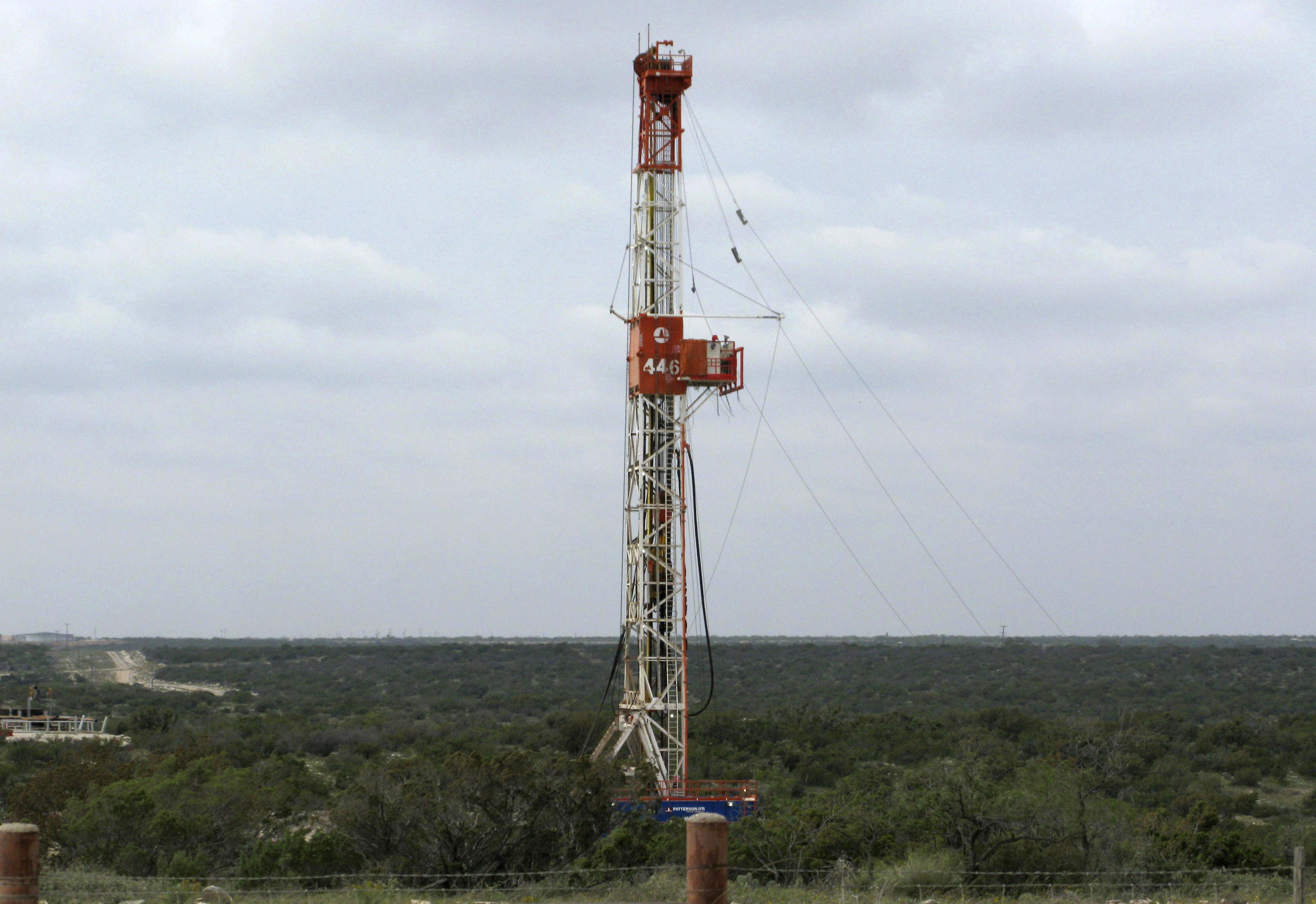In recent years Obama’s executive branch has unilaterally imposed clean-air regulations on coal plants and been frank about the increased earthquake danger seemingly created by the practice of mining oil and natural gas via fracking. In this context the casual observer might not have been surprised if the Environmental Protection Agency’s long-awaited report on fracking and drinking water had raised concerns about the practice’s potential effect on public safety—but that’s not what happened. From Mother Jones:
The analysis, which drew on peer-reviewed studies as well as state and federal databases, found that activities associated with fracking do “have the potential to impact drinking water resources.” But it concluded that in the United States, these impacts have been few and far between. The report identifies several possible areas of concern … however, the report says, “We did not find evidence that these mechanisms have led to widespread, systemic impacts on drinking water resources.”
Good news! Right? Maybe not, says a post on Inside Climate News that MoJo points to, because of industry-friendly study design.
For the study’s findings to be definitive, the EPA needed prospective, or baseline, studies. Scientists consider prospective water studies essential because they provide chemical snapshots of water immediately before and after fracking and then for a year or two afterward … Prospective studies were included in the EPA project’s final plan in 2010 and were still described as a possibility in a December 2012 progress report to Congress. But the EPA couldn’t legally force cooperation by oil and gas companies, almost all of which refused when the agency tried to persuade them.
The abortive attempt to conduct prospective studies serves as “a microcosm of the relationship between industry and EPA,” said a former senior EPA official involved in fracking issues.
A number of activist groups have already responded skeptically to the report, and it’s widely believed the Obama administration is deferential to natural gas fracking companies because the industry is more environmentally friendly than Big Coal but also robust enough to help drive much-needed economic growth. That attitude is shared by other members of the president’s party; the Wall Street Journal notes that “the growing skepticism of fracking by the environmental movement has done little to change Democrats’ support for the practice” in Congress, while Politico says natural gas-friendly policies would likely be continued in a potential Hillary Clinton administration.
